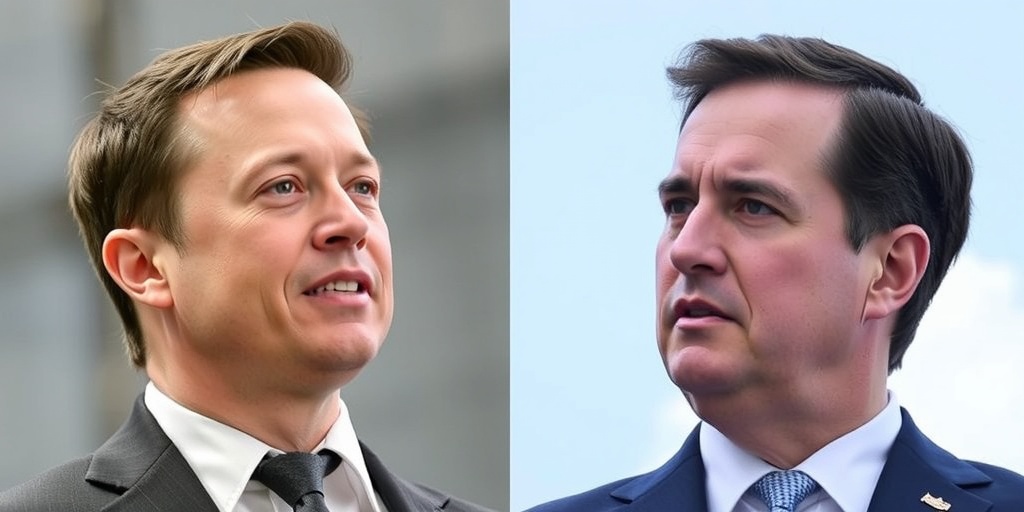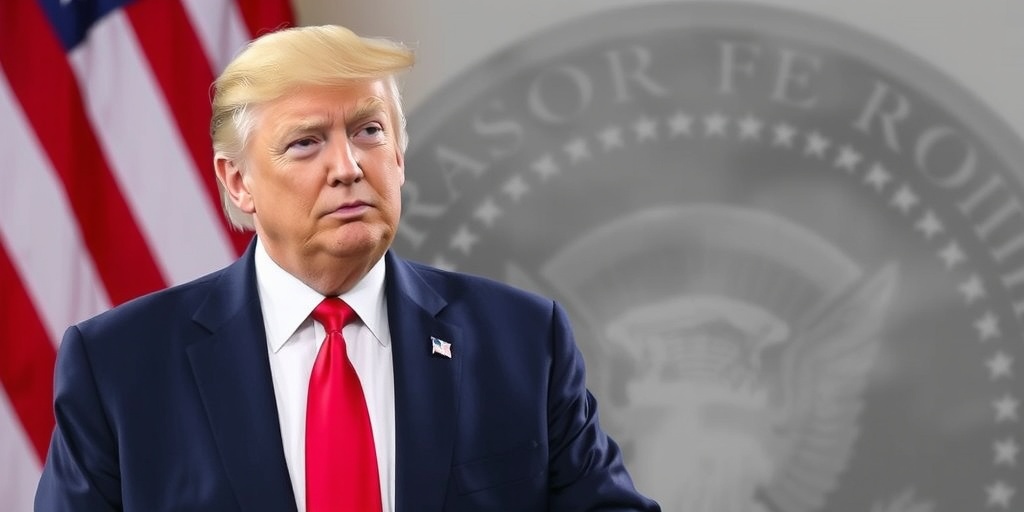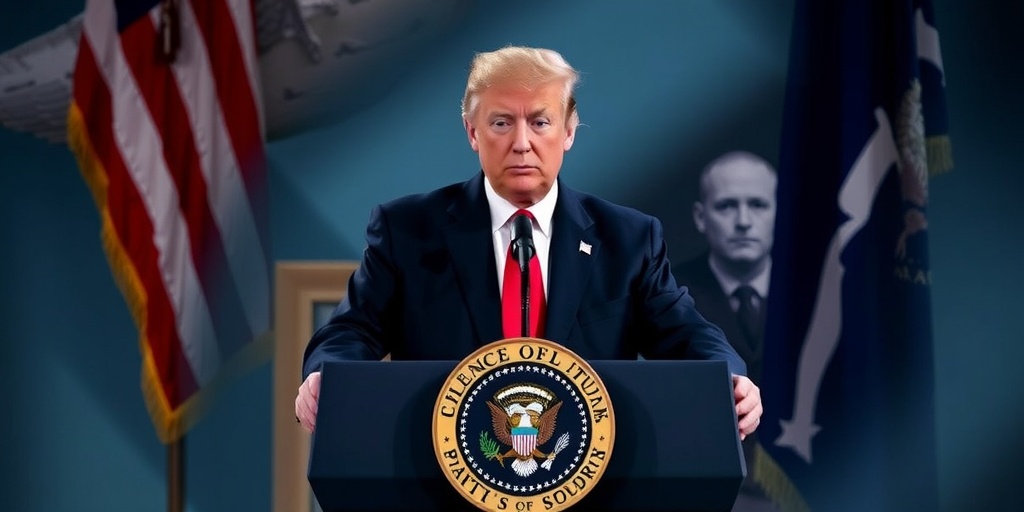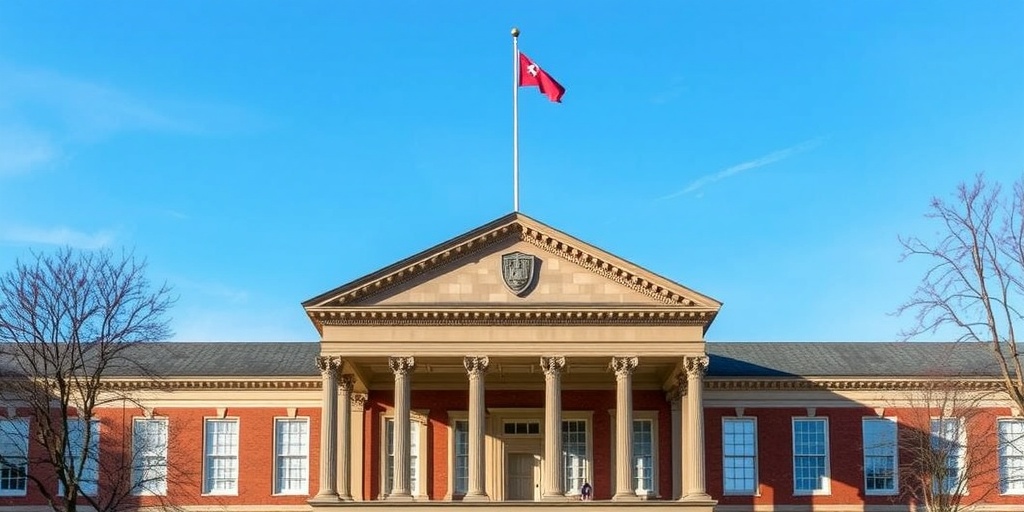Now Reading: Musk and Rubio: Public Civility Following Private Tension
-
01
Musk and Rubio: Public Civility Following Private Tension
Musk and Rubio: Public Civility Following Private Tension

Title: Secretary of State Marco Rubio and Elon Musk Navigate Tensions Over Foreign Aid Cuts
In a surprising turn of events, Secretary of State Marco Rubio and tech entrepreneur Elon Musk have publicly reconciled following a contentious meeting at the White House concerning significant cuts to the U.S. Agency for International Development (USAID). The two prominent figures found themselves at odds last week, but their relationship appears to have smoothed over with a joint commitment to streamline federal spending, a priority pushed by President Trump and embraced by Musk.
The dramatic meeting took place last Thursday in the Cabinet Room, where tensions flared as Musk criticized Rubio for not initiating more extensive cuts to the staffing and budget allocations of agencies under his control, particularly USAID. Musk’s influential presence within the Trump administration has been marked by his insistence on fiscal austerity, raising eyebrows with his direct confrontations of key administration officials.
Following the meeting, Rubio appeared to concede ground to Musk, publicly acknowledging the role of Musk’s Department of Government Efficiency in implementing deep cuts to foreign aid. In a post shared on X, the social media platform owned by Musk, Rubio stated that 83 percent of USAID’s programs were being terminated. “The 5,200 contracts now canceled spent tens of billions of dollars in ways that did not serve— and in some cases even harmed— the core national interests of the United States,” he wrote, marking a significant shift in the agency’s operational landscape.
Musk responded directly to Rubio on X, stating, “Tough, but necessary. Good working with you.” This interaction underscored the complicated dynamics within the administration, where Musk’s influence was evident to both aides and outside observers. During the original meeting, President Trump stood by Rubio, commending him for his leadership and asserting that Musk’s role would primarily be advisory moving forward. However, Rubio’s pivot toward Musk’s objectives suggests a deeper alignment with the billionaire’s overarching goals.
The cuts to USAID come during a period of increasing scrutiny regarding U.S. foreign assistance, which, despite being a small fraction—less than 1 percent—of the federal budget at approximately $42.5 billion, plays a critical role in global humanitarian efforts. These recent measures have left numerous organizations relying on USAID’s funding in a precarious position, as contracts have been canceled, payment systems halted, and staff laid off or placed on administrative leave.
Trump’s administration began reevaluating foreign aid policies early in his presidency with an executive order instituting a 90-day pause to review existing programs. While his intent was to align U.S. foreign aid with the administration’s interests, the sweeping cuts have prompted backlash, including a wave of legal challenges from labor unions representing USAID staff and organizations affected by the funding reductions.
One prominent case made its way to the Supreme Court, which recently ruled that the Trump administration must adhere to a lower court’s order mandating the release of frozen funds, although the Court did not specify the exact amount to be reinstated. Critics, including plaintiffs in various lawsuits, have argued that the administration’s move is illegal, contending that the legislative framework that established USAID allows only Congress the authority to enact significant reductions to its budget.
Opponents of the cuts have raised concerns over the potential humanitarian impact, warning that slashes in funding will exacerbate issues like global food security, women’s health, efforts related to L.G.B.T.Q. communities, and initiatives assisting conflict-ridden regions like Ukraine. As detailed in a Congressional briefing that included a list of canceled contracts, the implications of these reductions span far and wide, threatening to undermine both humanitarian progress and U.S. national security interests.
Despite the surrounding controversy, some recent developments indicate a partial restoration of funds, particularly for health-related organizations involved in the distribution of critical care, such as H.I.V. medication. These organizations have been called upon in recent days to justify their funding needs, as the government continues to scrutinize programs for alignment with national interests.
As the dust settles on this significant foreign aid overhaul, the coming days and weeks will reveal the full ramifications of these budgetary decisions. Both Rubio and Musk’s integration of their strategic visions may define the future of U.S. foreign assistance and its broader implications on humanitarian efforts abroad. The world watches intently as these developments unfold within the Trump administration, which is navigating the complexities of governance amid great fiscal scrutiny.
Stay Informed With the Latest & Most Important News
Previous Post
Next Post
-
 01New technology breakthrough has everyone talking right now
01New technology breakthrough has everyone talking right now -
 02Unbelievable life hack everyone needs to try today
02Unbelievable life hack everyone needs to try today -
 03Fascinating discovery found buried deep beneath the ocean
03Fascinating discovery found buried deep beneath the ocean -
 04Man invents genius device that solves everyday problems
04Man invents genius device that solves everyday problems -
 05Shocking discovery that changes what we know forever
05Shocking discovery that changes what we know forever -
 06Internet goes wild over celebrity’s unexpected fashion choice
06Internet goes wild over celebrity’s unexpected fashion choice -
 07Rare animal sighting stuns scientists and wildlife lovers
07Rare animal sighting stuns scientists and wildlife lovers





















